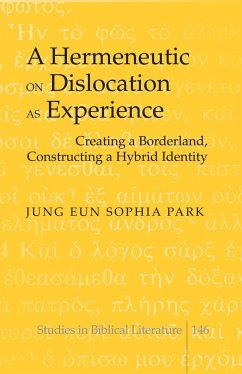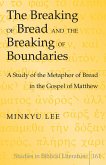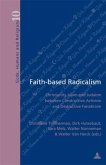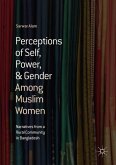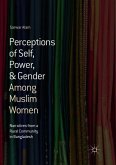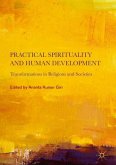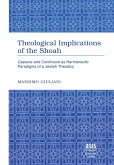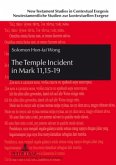Dislocation, which involves moving from a familiar place to an unknown place, is a common experience in this era of globalization yet it can cause a deep sense of alienation - people feel invisible, voiceless, and anonymous. A Hermeneutic on Dislocation as Experience: Creating a Borderland, Constructing a Hybrid Identity employs socio-rhetorical criticism from a postcolonial perspective, providing a hermeneutic on the experience of dislocation from the perspective of Asian immigrant women. The author's focus on Asian immigrant women's spirituality is interwoven with different texts such as the story of a woman caught in adultery (Jn. 7: 53-8:11), Asian immigrant women's stories in the novels Dictee and Crossings, and stories of Korean shamans encountered in the author's ethnographic fieldwork.
This book suggests that people who experience dislocation can create a borderland where their own marginality gains power and voice. In that borderland, they are able to construct a hybrid identity as a result of deep engagement with one another. In particular, the author's fieldwork on Korean shamans reveals how the shamanic ritual itself functions as a borderland, wherein the marginalized Korean shamans gain hybrid identity. A Hermeneutic on Dislocation as Experience is a valuable resource for classes in Asian studies, ethnography, cultural anthropology, biblical spirituality, women's spirituality, and interdisciplinary courses.
This book suggests that people who experience dislocation can create a borderland where their own marginality gains power and voice. In that borderland, they are able to construct a hybrid identity as a result of deep engagement with one another. In particular, the author's fieldwork on Korean shamans reveals how the shamanic ritual itself functions as a borderland, wherein the marginalized Korean shamans gain hybrid identity. A Hermeneutic on Dislocation as Experience is a valuable resource for classes in Asian studies, ethnography, cultural anthropology, biblical spirituality, women's spirituality, and interdisciplinary courses.
«Jung Eun Sophia Park's volume shows the rich potential for biblical studies to illumine cultural studies and vice versa. Her more classical socio-rhetorical work is fruitful when brought to bear on Asian American material as well as on the pericope from John's Gospel, and her ethnographic methodology, honed for use in a context of dislocation and alienation, brings the biblical character of the woman taken in adultery into fresh relief. Throughout, Park's work makes explicit how to approach a study in Christian spirituality, with experiential and transformative possibilities made focal continually.» (Barbara Green, O.P., Professor of Biblical Studies, Dominican School of Philosophy and Theology, Graduate Theological Union, Berkeley, California)
«Jung Eun Sophia Park's book invites readers to 'cross over' into the world of the formation of 'baby shamans' in Korea, and then 'come back' for enriched Christian reflection on Biblical spiritual resources. Her cross-cultural, interdisciplinary, interfaith exploration of spiritual formation enriches our cultural and spiritual horizons.» (Judith Berling, Professor of Chinese and Comparative Religions, Graduate Theological Union, Berkeley, California)
«Jung Eun Sophia Park's book invites readers to 'cross over' into the world of the formation of 'baby shamans' in Korea, and then 'come back' for enriched Christian reflection on Biblical spiritual resources. Her cross-cultural, interdisciplinary, interfaith exploration of spiritual formation enriches our cultural and spiritual horizons.» (Judith Berling, Professor of Chinese and Comparative Religions, Graduate Theological Union, Berkeley, California)

